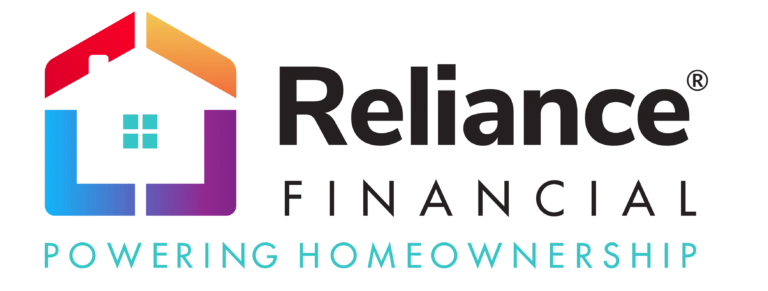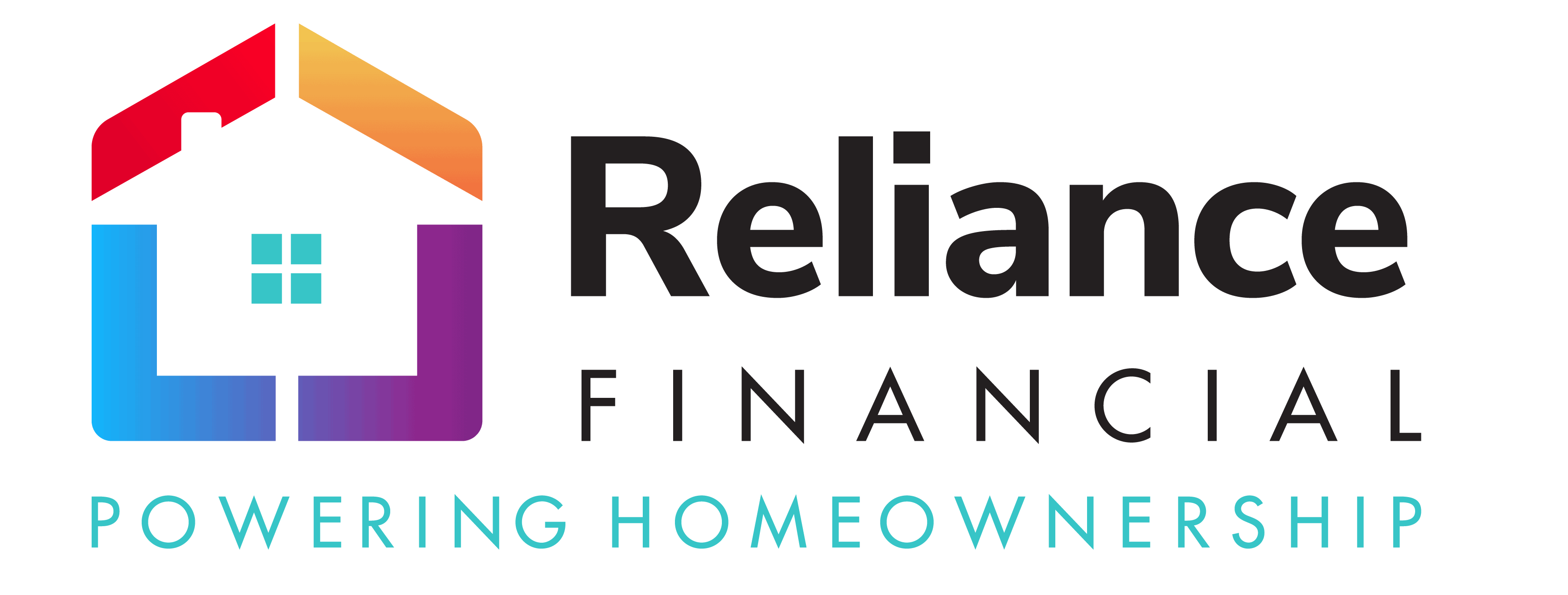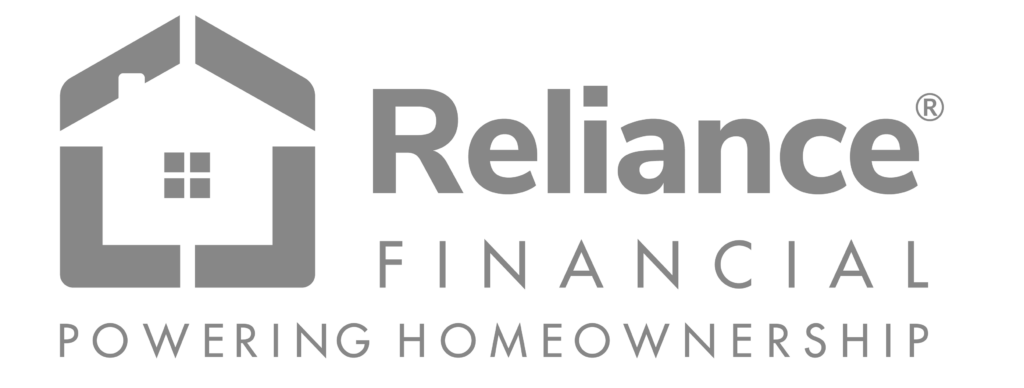Fine cuisine, professional sports and entertainment, museums, outdoor activities, a vibrant music scene, and excellent weather all make Dallas, Texas, the perfect place to live in. Moreover, With its welcoming aura and commerce-friendly economy, millions of people move here from all over the world. First-time buyers and current homeowners should have all of the information regarding today’s mortgage rates Dallas.
Calculate Mortgage Interest Rates For Dallas Using Mortgage Calculator
With such high demand and competition, a prospective buyer normally counts on a great mortgage company for financing. By keeping up to date with the changes in the financing marketplace, you will be better equipped to analyze your options for buying a home in this wonderful city.
Mortgage Rate Trends In Dallas
According to Norada, a new milestone was achieved in May 2022 when the median home price in Dallas reached $400,000, an increase of about 23% over the last year. Researchers report that the market will continue to favor sellers in 2022 because of a substantial disparity between supply and demand. Due to rising competition for available houses, home prices have been continually under pressure.
Mortgage rates have been fluctuating over the last month. Freddie Mac reports that the average 30-year fixed interest rate increased again on July 14 to 5.51%. The average mortgage rates were 5.30% on July 7.
Further, the average 30-year fixed rate increased by 2.48% from January 6 to June 30 in 2022, signaling a strong spike in mortgage rates. Since the Federal Reserve raised short-term rates in June to fight inflation, Dallas mortgage rates have continued to move higher. Soon after the Fed’s move, mortgage interest rates saw their biggest week-over-week increase since 1987 as rates went up by 0.55%.
In addition to the internal economic uncertainties, the war between Russia and Ukraine, and potential new Covid-19 regulations have raised hurdles that could impede the economy. The Federal Reserve is expected to raise the short-term rates again at their July 27th board meeting. The Federal Reserve’s aggressive rate hike schedule for the remainder of 2022 suggests that mortgage rates will continue to rise. Since mortgage rates are so unstable in current socio-economic conditions, it is highly advised to stay informed of all of the changes that occur in the market.
Housing Affordability In Dallas, Texas:
- Housing affordability can be challenging in Dallas due to a shortage of affordable units.
- A resident earning at least $121,398 annually can comfortably qualify for a mortgage while living in the city.
- For a family of four, the annual household income must be at least $213,741 to afford living in Dallas.
Housing Costs:
- The median monthly housing cost for homeowners in Dallas is $2,381.
- Dallas has a housing affordability index of 116.30, and this figure has been increasing over time.
More Housing Units:
It is being considered to build more housing units in Dallas, so that any issue regarding the shortage can be solved.
Current Mortgage Rates In Dallas, Texas
As of July 22nd rates for benchmark 30-year fixed-rate mortgages in Texas dropped to 5.11%. This data is according to Zillow.com. The table below shows the existing mortgage rates for the different loan types in Dallas, Texas. These rates can alter in the days to come, especially in light of the Federal Reserve meeting this week.
To obtain a rate quote that is customized for you, please click here.
Texas conforming loans
| PROGRAMS | RATE | 1-week CHANGE | APR | 1-week CHANGE |
| 30-Year Fixed Rate | 5.11% | 🔻0.31% | 5.18% | 🔻0.20% |
| 20-Year Fixed Rate | 4.67% | 🔻0.23% | 4.76% | 🔻0.24% |
| 15-Year Fixed Rate | 4.22% | 🔻0.18% | 4.36% | 🔻0.19% |
| 10-Year Fixed Rate | 4.35% | 🔺0.04% | 4.54% | 🔺0.05% |
| 7-year ARM | 5.04% | 🔻0.08% | 4.52% | 🔻0.04% |
| 5-year ARM | 4.67% | 0.00% | 4.31% | 🔺0.03% |
Data source: ©Zillow, Inc. 2006 – 2021.
You can decide on the timing of your house purchase by keeping up with the most recent rates. Our goal is to try to educate you on the precise mortgage rates in Dallas, TX to give you a more focused search.
Buying A Home According To Trends And Mortgage Rates In Dallas
The housing market in Dallas is very hot right now. Texas REALTORS reports that over the last month, housing demands reached an all-time high, properties were getting multiple offers, and homes were being sold for way more than the asking price. That being said, the number of listings is also increasing. Texas Real Estate Research Center reports that the number of active listings in Dallas increased by 16.91% while new listings increased by 17.72%.
What does this mean specifically for you? Home purchases now will cost you around $800 more in monthly expenses than they did at the beginning of the year. Nearly 20% of potential home buyers no longer have the necessary income to qualify for a property at the current median price. Homeowners who recently purchased their homes are already looking for a refinance opportunity to save money.
If you are tight on your finances, we suggest you carefully understand current mortgage rates, your financing options, and your monthly expenses before you you commit to making your big purchase in Dallas, Texas.
Tips on Applying for Mortgage
It can be challenging to find the perfect lender and apply for a mortgage to finance your home promptly. To make this process easier, Reliance Financial has put together a list of the fundamental steps you should keep in mind while applying for a mortgage.
1. Credit Limit
Improve your credit score and home-buying budget to receive the best offer. Your ability to obtain better rates will increase as your credit score rises, which might result in considerable savings throughout your mortgage. Then, try out a mortgage calculator to calculate how the down payment and interest rate affect the price of a property.
This will help you get an idea of what kinds of homes you can afford in the current market. You should aim for a minimum 720 credit score. Credit scores of about 740 generally qualify for the best mortgage rates available in the marketplace.
2. Choosing Mortgage Type
Choose the mortgage loan type that would suit your needs best. There are many types of mortgages you may be eligible for based on your overall financial standing. Here is a list of mortgage loans you should look through to decide what kind of loan may be best suited for you:
- Conventional loans are Best for borrowers who have a good credit score and can make a minimum down payment of between 3% to 5%, depending on their income meeting established income qualification criteria
- Jumbo loan – Best for borrowers who have an excellent credit score and want to finance an expensive property
- Government-insured loan (FHA) – Best for borrowers who have lower credits scores (below 620) and are unable to make a sizeable down payment
- Fixed-rate mortgage – Best for borrowers who want predictability and stability for their housing payments throughout the term of the loan
- Adjustable-rate mortgage (ARM) – Best for borrowers who don’t intend to live in the house for a long time, would like a lower interest rate and don’t mind the possibility of future increases in rates and payments
3. Choosing Mortgage Lender
Locate lenders that offer the loan type you’re interested in. FHA loans may be more appropriate for first-time homebuyers, while applicants with a high FICO score and a sizable down payment are likely to be approved for conventional mortgages. A USDA loan may be appropriate for you if you live in a rural or suburban location and may want to put down 0% to qualify for the mortgage
Take Away
To choose the best mortgage lenders, consider advertised rates, referrals from friends and family, and read customer testimonials on sites like Google and Yelp. Contact lenders that you short-list for Loan Estimates (“quotes”). The most important metric you should compare is the APR (Annualized Percentage Rate). The APR considers your base mortgage rate plus all the fees and closing costs you will pay to get the mortgage.
Hence, make sure to keep the lender fees in consideration as different lenders charge differently for their services. A professional mortgage advisor can help you review and compare multiple loan estimates to make your life easier.
Frequently Asked Questions about Current Mortgage Rates in Dallas
Q1: Do Mortgage Lenders Provide Greater Rates as Compared to Banks?
Regarding the question of whether a bank or a mortgage lender will provide a better rate, depends on the type of loan and relationship you have with either. It also depends on what special offers each channel may be offering at any given time. Your credit score, the amount of debt you now owe, the location of your property, the amount of your down payment, and the size of the loan you are looking for will all have a significant impact on the mortgage rate you are offered.
Some lenders try to gain market share by offering the lowest rates for your mortgage loan. They may advertise that they will meet or beat any rate quote offer you have. If your credit score is 720 or above, you would have better chances of getting the best mortgage interest rate. You can get the best interest rate with a credit score of at least 740.
Q2: Fixed Mortgage Rate vs. Adjustable Mortgage Rate
Fixed Mortgage Rate
With a fixed-rate mortgage, the interest rate is fixed for the whole term of the loan. Your home loan will remain at the same rate regardless of changes in interest rates. As a result, you will be aware of your exact monthly mortgage payment through the term of the loan. This provides homeowners with stability and security with their housing payments. This also makes it very simple for a homeowner to plan a mortgage payment each month in the budget.
The length of your mortgage will determine how much interest you pay overall each month. A 30-year fixed-rate mortgage, for instance, is typical since it has the lowest monthly payment for homeowners. Remember, though, that even if your monthly payment won’t change and might be modest, you’ll end up paying more in interest throughout the loan if you choose a mortgage with a longer term.
Adjustable Mortgage Rate (ARM)
With an adjustable mortgage rate, the interest rate may change throughout the loan period. Compared to fixed-rate mortgages, many ARMs have lower starting interest rates. This starting rate might be constant for a few years. The most common types of ARMs have a fixed term of 5 or 7 years. The rate and payment adjust once the fixed term is over.
The new rate is dependent on the index that the ARM is associated with plus a margin set by the lender. These loans are better for people who don’t plan to stay in their homes for more than the fixed term of the loan. According to the Consumer Financial Protection Bureau (CFPB), before taking an ARM, it is important to find out:
- How much your interest rate and recurring payments could increase with each change
- How often will your interest rate change
- How quickly can your payment increase
- If your interest rate has a maximum cap – the range it is allowed to go up to
- How low can your rate go
- If you can still afford the loan if the rate and payment increase to the maximum rate permitted
Q3: Are the mortgage rates lower or higher in Texas compared to the U.S.?
The rates of mortgages are way lower in Texas, if compared to the U.S., which is a good thing.
Q4: Does refinancing really work?
Yes, that works a lot if you do it at an ideal time, which is when the rates are less than the current loan.




